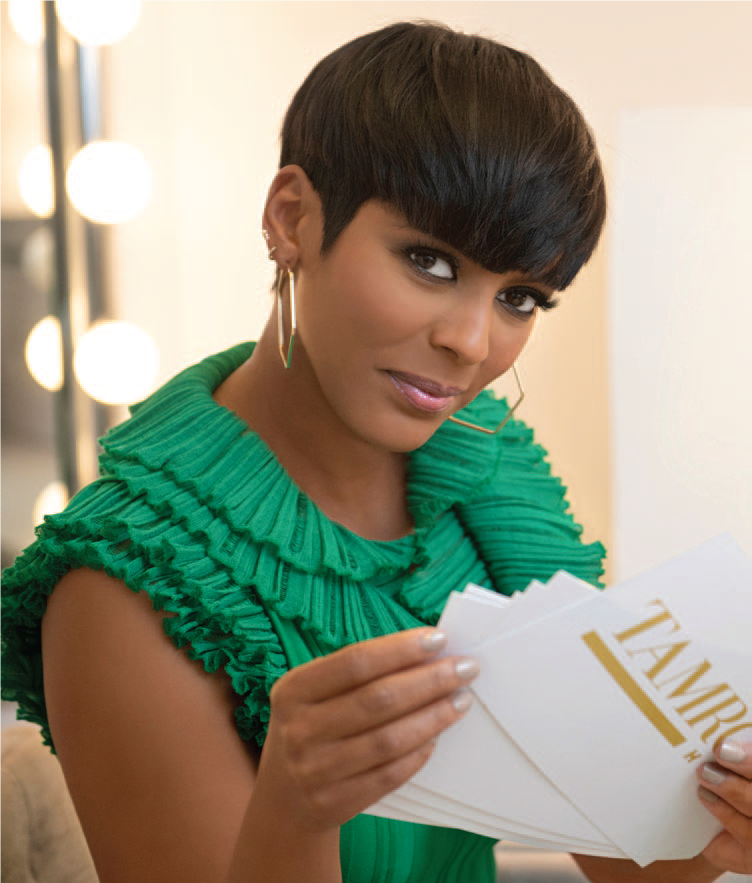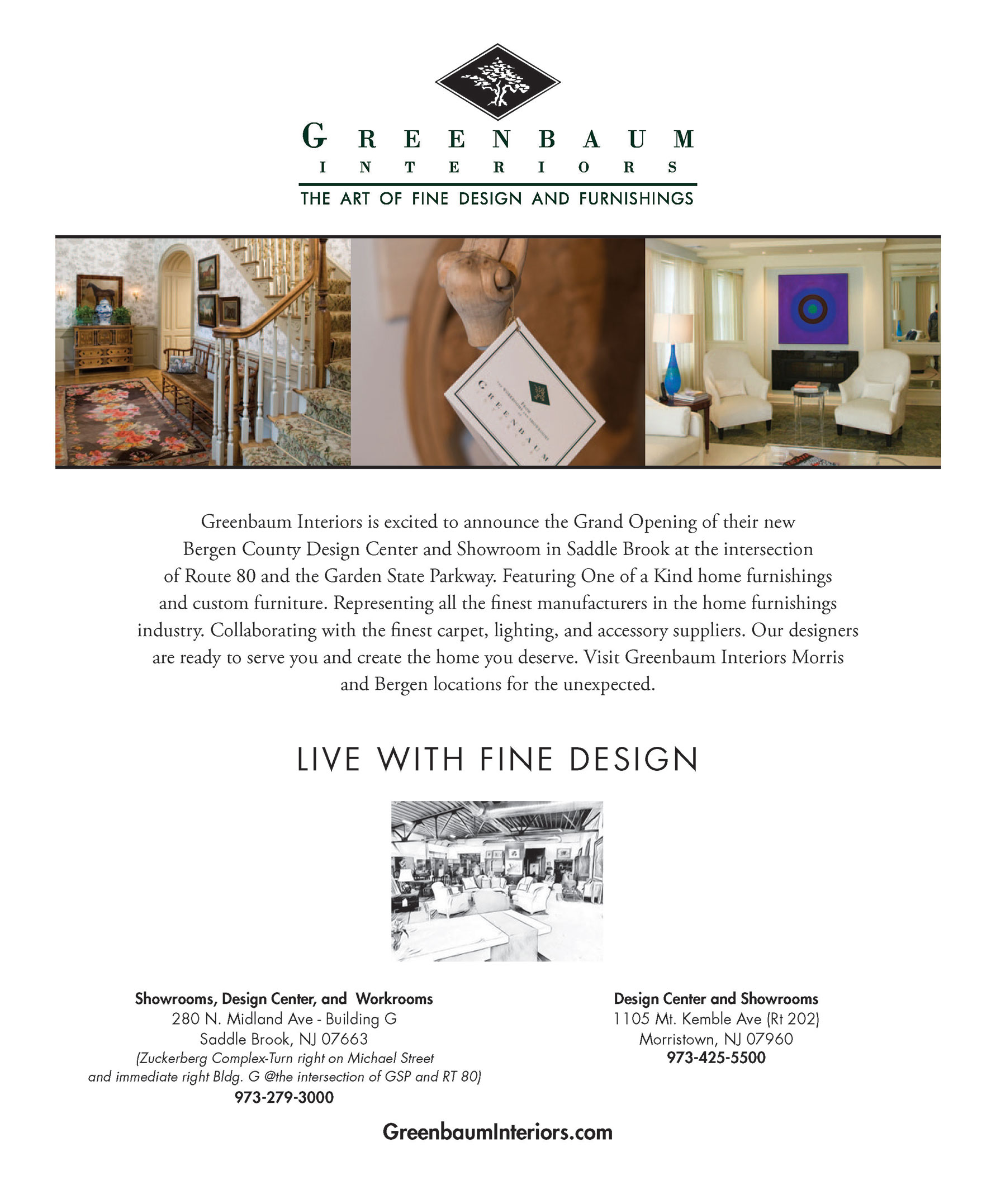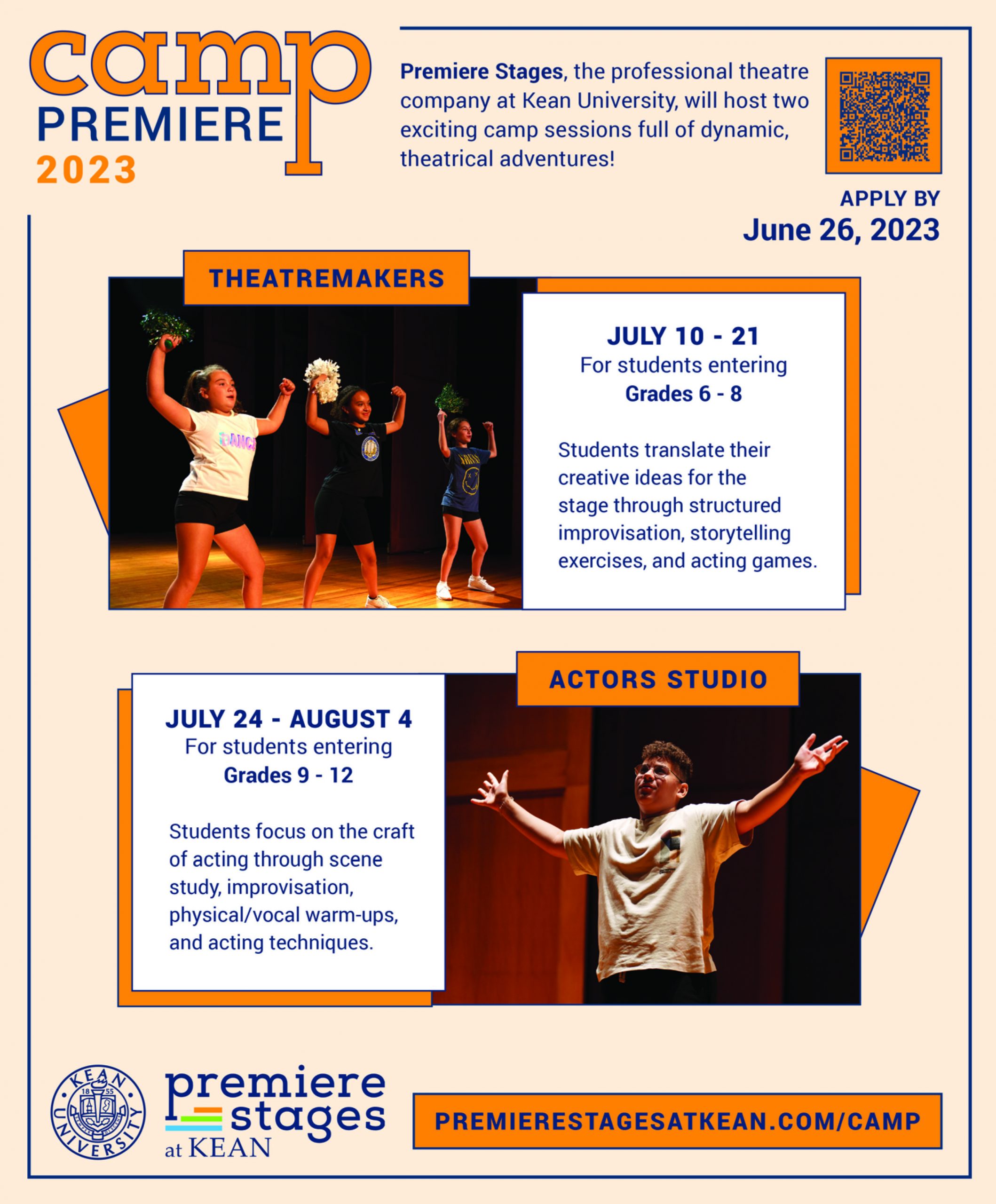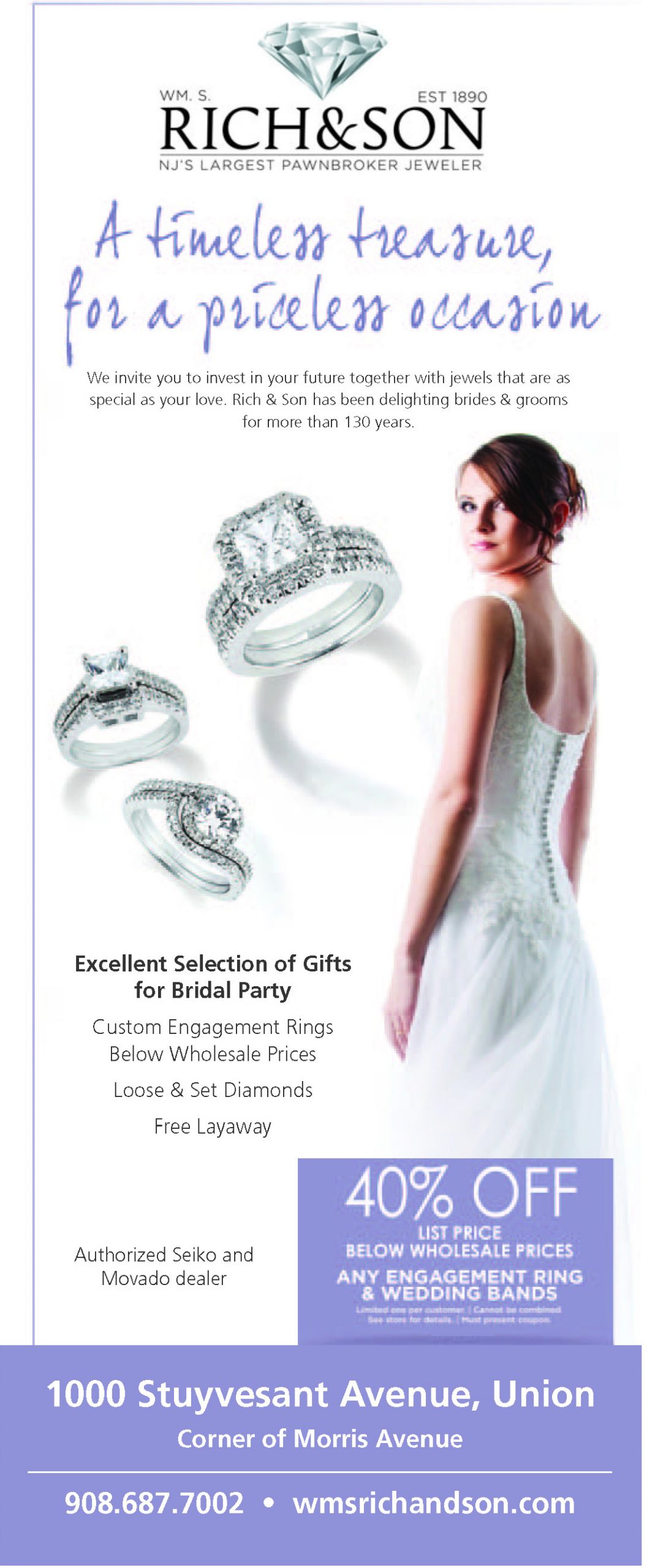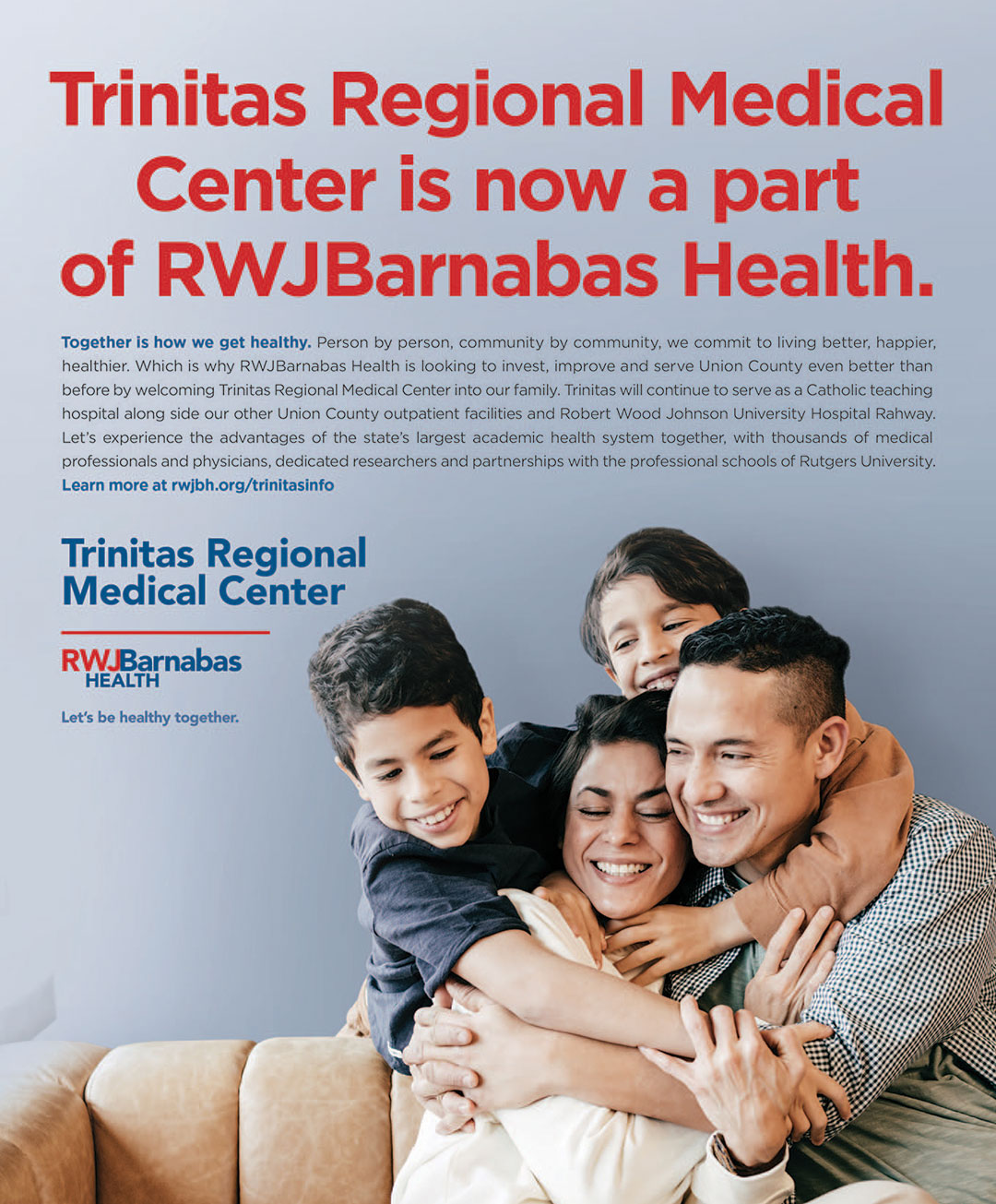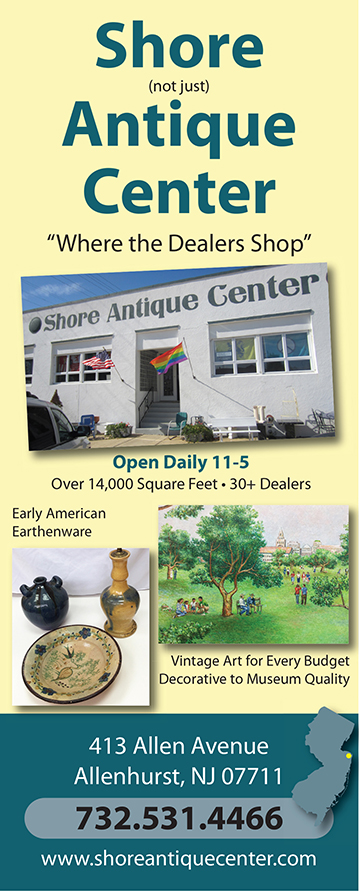EDGE Interview
There is no magic formula for breaking down barriers. The individuals who do so, by nature and definition, are the ones who bring unique skills and perspective to an obstacle where others have tried and failed. Tamron Hall began her career in broadcast journalism as a small-town reporter and outworked, outhustled and, let’s face it, “out-Tamron’d” the competition until she was co-hosting the third hour of Today, sitting behind the anchor desk on NBC Nightly News and had her own primetime hour on MSNBC. In 2019, she launched The Tamron Hall Show, a syndicated talk show that has already won her a pair of Daytime Emmys. Gerry Strauss was curious how a gifted storyteller with a passion for detail could make such a splash in a format where other people do the talking. It turns out, Tamron Hall’s other secret power is listening.
EDGE: Have you always been intrigued by people and their stories?
TH: I have. My grandfather, who was born in 1901, lived on a very small street in Luling, Texas called Cosi. All of the people there had either been sharecroppers or had worked in conditions that were the real challenges of black Americans. And that’s putting it lightly. I was always curious about their lives. There was a woman named Mama Susie, who was a hundred years old. I think I was 10. I would go down and talk with her. She was a midwife who had outlived all of her children and her husband. So I guess, looking back, I was always honing the skillsets needed for my job. I just didn’t know it.
EDGE: When did the idea of becoming a television journalist start?
TH: When I was a teenager in the ’80s. I finally saw a woman doing it that looked like me. My father and I were watching television one day—I was not being the best student, we’ll say—and he said, “If you get your grades up, that could be you.” He pointed at this woman, Lola Johnson. At the time, she was the first black woman to anchor the news in North Texas. I saw a black female journalist, I saw this anchorwoman who was sitting next to this white man, and she was as composed and as strong, and had this really beautiful, rich, baritone voice. Wow! There was something about it emotionally that connected in a way that nothing had prior to that. I grew up like any kid at that time, with Michael Jackson and Madonna posters on my wall. I ran out to the mall to get all the bangles and the layers that Madonna wore in her “Borderline” video. I was an MTV junkie. I loved that…but I knew I couldn’t do that. Seeing Lola Johnson, there was something about her delivery of the news that I felt was my destiny. This was a job I hadn’t known was possible. It was not on the list of things when you have Career Day at Carroll Peak Elementary School in Fort Worth, Texas.
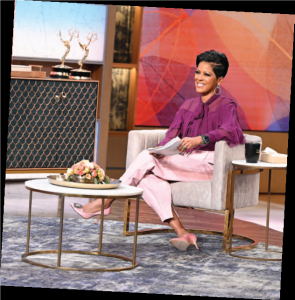
Heidi Gutman/Disney General Entertainment
EDGE: As a black woman in your field, was it an uphill battle to earn the types of serious, high-level assignments that would help enhance your reputation as a journalist?
TH: Oh, I think it’s still challenging for me, to be quite honest. The first and only time I’ve ever lost a job in my life, I was 48 years old and I’d been a journalist for 30 years. I went into interview for job opportunities after leaving the Today Show as the first black woman to ever do that show. I’d won an Edward R. Murrow Award and had been Emmy-nominated for work that I’d done as a consumer reporter and covering the election of Barack Obama with the NBC News team. I’d filled in that last week for Lester Holt. I hosted my hour of the Today Show. I filled in for my friend Savannah Guthrie, who was on maternity leave, and hosted my hour on MSNBC. I went into a number of news organizations who essentially were offering me kind of journeymen fill-in roles. I remember a conversation where someone said, “Oh, well, someone’s going on maternity leave.” I said, “Oh, Anderson Cooper’s going on maternity leave? I didn’t even know that he was going to have a baby! Congratulations to him.” [Laughs] I say this very cautiously because every opportunity is an opportunity to shine. Some of my biggest breaks were when I got a chance to fill in for someone. That said, direct to your question, I felt my résumé—and the response from viewers when it was revealed that I was leaving—gave me some value. But it didn’t. And I think that is an example of the ongoing challenges, to the question you asked, being a black woman in this industry.
EDGE: Having lived and worked all over the country, in so many different cities, do you feel the perspective you’ve gained makes you a more astute journalist and observer of the world?
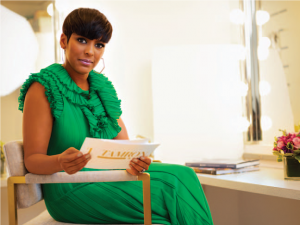
Disney General Entertainment
TH: Oh, absolutely. Listen, my summers were spent in Luling, Texas after my mom—who was a 19-year-old single mom—took advantage of an opportunity in a bigger city so she could become the person that she wanted to be, a teacher. This was a very small, rural town. Even now, when my relatives are ill, they’ve got to drive 45 minutes or an hour to just see a doctor—and I’m not talking about specialists. There is one doctor who comes in to Luling who provides medical care—I believe it’s like once or twice a week—to people who cannot afford to go into Austin or Houston. That happens right now. I have a relative who was recently diagnosed with Alzheimer’s. For her to see anyone, she’s got to drive an hour, and she is on government healthcare. I think about that every day I walk through the streets of New York and I see a rental that’s $30,000 a month for two bedrooms. This dichotomy not only has helped my journey as a reporter, it helps my journey as a human. It reminds me I was lucky enough to be a reporter covering some of the biggest stories in a local market, because that gave me perspective on a national scale. I always tell people when someone says to me, “Oh, I hate watching local news,” that you have the wrong perspective, because local news is going to tell you when that highway is closed down that you take every day, or when there is a disaster coming your way in your town. So I was fortunate not only to your point of having lived in all these different cities, I was a local reporter in the streets of those cities.
EDGE: Does this depth of experience make you a better talk show host?
TH: It definitely helped me and what I do right now as a talk show host. I think that when I launched this show, people wondered what it would be. And I always knew that it was going to be those steps that you just mentioned as a reporter, as a kid from a small town, as a kid who’s lived in the heart of Manhattan, and in the smallest street in Luling, Texas. Those tools and those experiences were what I always planned to bring to the show, and that’s why the show is the type of show that it is.
EDGE: When you signed the contract to co-anchor the third hour of the Today Show in 2014—which was a history-making opportunity for you—you chose to wear a jacket that was previously owned and worn by Lena Horne. What was the connection that you felt with Ms. Horne and what she brought to the world?
TH: Growing up, Lena Horne was everywhere. She was this fairy godmother. You know Glinda in the Wizard of Oz? That was Lena Horne for me. I always admired the elegant but strong way she floated through rooms. There was always a presence of power, of strength, of being unapologetic. I also recognized her authentic voice as a kid, in the beauty salon, with my aunt reading Jet magazine, reading Ebony, reading about Lena and Harry Belafonte. I felt that what she represented and embodied was what I wanted out of my career. And so fast-forward when I ultimately lost that job, I thought about how would she have handled it. Would she get down in the dirt and try to leak stories and get mad? Or would she elegantly learn that there are more than one set of wings available? I thought a lot about how she handled adversities that I can’t even imagine—and did it in a way that made black people proud and also made white audiences root for her. That’s something that didn’t happen a lot then when you belonged to the black community. She, in so many ways, belonged to the greatness of America, and the greatness that a black woman can present as a representative of this country.
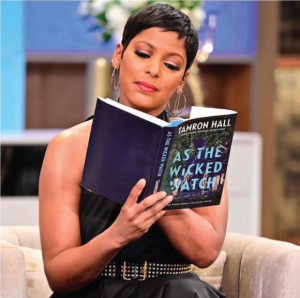
Disney General Entertainment
EDGE: Having rolled the dice on yourself, and now that The Tamron Hall Show is a such a success, do you feel you were prepared for it?
TH: I was not prepared. I’m a journalist! I’m used to working for the big network with the three letters behind it and was able to go in, do my job, and leave. Suddenly, I’m not just a journalist, I’m now a host and I’m a businessperson. It required me to make big decisions, such as changing executive producers, making sure the voice of the show was the voice that I went in and pitched. That didn’t mean I wasn’t open to changes, but I had to have my north star. I just read Trevor Noah’s [The Daily Show] exit interview, and he said he never imagined having to chime in about set design, having to chime in about HR and hiring. I had no idea. I felt that I had this very open life that was right for daytime television. As Liam Neeson said, “I always felt that I had a particular set of skills.” [Laughs] But I had not run a business. Disney backs my show, but they expect me to make money. They expect me to get out there and use my name and my connections to build the show. I liken it to an artist who goes on a tour that Pepsi sponsors. Pepsi sponsors it, but you’ve got to sell the tickets. When your name is on the show, buyers buy that, but sometimes they don’t, if you know what I mean.
EDGE: How so?
TH: “Oh, great! We like Tamron Hall. We like the storytelling. We like the real people. Now…how many celebrities can you get?” Well, I didn’t pitch a celebrity-driven daytime show. We want celebrities on, but we don’t want people who come on and say, “Here’s my movie. Come see it. Bye. Oh, and don’t ask me about the reason why I was trending two days ago.” We can’t do that. “No, just book them, book them, book them. Have them come on and have them pitch and leave.”
EDGE: So that was the pressure early on?
TH: Yes, and I had to stay strong on my beliefs. I grew up watching Mike Douglas and Dinah Shore and Barbara Walters and Oprah Winfrey and Phil Donahue—people who got you to talk. That’s where “Let’s talk about it” came from. It started when Yoko Ono and John Lennon hosted on a daytime show. When Muhammad Ali was a regular, not on Carson, but on Mike Douglas. He came to talk about racism within America as it correlates to sports. People forget that. So that’s what we wanted to bring, that type of energy. It took some time, to be honest with you, before all parties who believed in me believed in that concept.
EDGE: What is the key to having memorable conversations with your guests?
TH: It’s curiosity. The most important trait in being able to connect with people is being curious. That helped me as a reporter, and that got the attention of the networks when I was in Chicago. I think it helped the quality of work that I was doing. I was as curious about Ryan Harris, a kid who was murdered, and what happened in this situation that turned his life into a tragic story—just as curious as I was about how did Barack Obama, a kid raised in Hawaii by his grandparents, become the president. I was lucky enough to interview him in Chicago, but my curiosity about him was not greater than my curiosity about Ryan. Or about a young girl who was murdered on the South Side of Chicago, who actually inspired my first novel.
EDGE: What else in addition to curiosity?
TH: I went from being the youngest person in my newsroom when I started in Dallas, Fort Worth or Bryan-College Station. By the time I left MSNBC, I think I was the third-oldest woman on air. I tell my team, there are people right now who grew up where I grew up who could probably do this job better—timing, preparedness, work ethic. Not to say they didn’t, but what are you willing to sacrifice and give up? I remember being out covering an Amtrak derailment in Bourbonnais, Illinois. It was like 15 below zero, and I hadn’t layered that day. Because you’re a general assignment reporter, you don’t get to pick your assignment. And I was assigned going out the door, this derailment, dark of night, and just thinking, This is what? I don’t want to do this. This is not what I want to do. But these are the moments where you ask yourself, What am I made of? And I’m made of whatever the good stuff is that makes a reporter. I’d like to believe those are some of the things that I have within me.
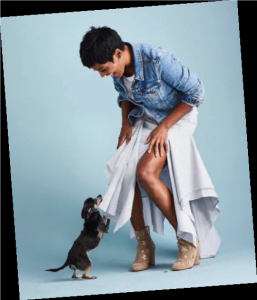
Tamron Hall/Facebook
EDGE: For many years, you have dedicated yourself to educating the public about domestic violence. In what ways do you feel we have made the most progress?
TH: Oh, I think many, many ways. I remember the Ray Rice story. He was the NFL player who, in 2014, was captured on video beating his wife. He admitted to it and did the rounds, if you will, of interviews. I think he did a big one on the Today Show. At the time, I remember so many people asking, “Why does she stay with him? Why doesn’t she just leave?”
EDGE: Turning their attention to Ray Rice’s wife—
TH: Yes and holding her somehow responsible. Also, expecting her to suddenly leave her family and leave her husband. We don’t talk like that as much anymore. You don’t see that wagging of the finger. There is a more nuanced conversation, even when you talk about men who are guilty and who’ve been convicted of abuse. Can you rehabilitate? Can you help this person learn the skill sets that are needed to keep them from believing that a fist is the best way to resolve? Those conversations are happening now. I remember when I started out, it was take the family and the dad goes to jail, or whatever, and blame the mom for being there. That was even in the media. Now you’re seeing people recognize that it is not black and white. It is a complex conversation, but it is one that we can have together.
EDGE: What’s a project you’d like to do purely for enjoyment?
TH: You know what? I’ve worked since I was 14 years old. I’d love to produce some shows that are fun, that are places that you can genuinely bring people together. I would love to sit around and consult on a few shows and give ideas. But honestly, I tell my team this all the time: I want to retire and I want to watch shows and see their names on the credits, and I can take credit for them. I’m a TV junkie. I was a latchkey kid. To anybody not old enough to know what that is, I was the kid who came home and unlocked the door and watched TV. I just want to sit around and enjoy good TV and laugh and smile and cry—all the things that I hope people do when they’re watching our show. But my “kids” will grow up and they’ll do it better…all our producers on The Tamron Hall Show, they’ll do it better.
Editor’s Note: During this interview, Gerry Strauss asked Tamron Hall about her work as a novelist. Needless to say, that took their conversation in an entirely different direction.
Continue reading below to learn more about Tamron!

